Eva Birthistle’s Kathleen is Here tells the compelling story of 18-year-old Kathleen as she leaves foster care and moves back to her childhood home. As the film’s writer and director, Birthistle crafts a nuanced exploration of the challenges Kathleen faces with empathy and care. She populates her tale with vividly realized characters and probes important issues rarely addressed cinematically.
Kathleen, powerfully portrayed by rising star Hazel Doupe, returns to rural Ireland after years bouncing between foster homes. Her social worker Damian hopes a fresh start will help, but Kathleen’s past has left scars. Alone, save for new friend Yvonne, she finds solace in neighbor Dee, played touchingly by Claire Dunne. But Kathleen’s fragile state and craving for connection breed instability in their bond.
Birthistle, also an accomplished actress, draws natural performances, exposing her characters’ depths. Dee harbors private pain while embracing maternal instincts. Conflicted Kathleen veils turmoil with bravado and fantasy, oscillating between vulnerability and volatility. Their layered relationship forms the dramatic spine, augmented by supporting work from Aaron Monaghan as the empathetic yet limited Damian.
Through its empathetic lens, Kathleen is Here spotlights issues left shadowed—the post-care plight and lacking mental health resources. Birthistle balances compassion with intensity, crafting a striking directorial debut that entertains while starting overdue discussions. Her emerging voice bodes well for greater impact through future efforts centered on timely human stories.
Complex Connections
Kathleen’s story begins as she exits Ireland’s foster system at 18. Having bounced between homes, she returns to the rural town of her youth. There, she moves into the house where she lived as a young girl with her late, alcoholic mother.
Now alone, Kathleen struggles to find footing. Her social worker Damian expects she’ll adjust, but her haunted past leaves deep scars. At the local market, Kathleen meets fellow employee Yvonne, granting a grin.
More significance emerges next door, where neighbor Dee lives with her family. Dee senses Kathleen’s loneliness, empathizing through her own loss. She warmly includes Kathleen in meals and activities.
Kathleen eagerly accepts Dee’s kindness, starved for care. But unstable after years without stability, she clings tightly. Dee’s attention fills a void, and protecting their bond becomes an obsession.
Kathleen retreats into fantasies, filming made-up scenes to curb real-life pain. Her fragile grip on reality wavers as she comes to rely on Dee for happiness and self-worth. Any threat to their time together triggers a volatile reaction.
Beneath her bravado, Kathleen remains a scared child. And no guidance has taught healthy coping with deep emotions. So when Dee’s care must be shared, Kathleen’s fractured psyche breaks—with chilling consequences for those caught in the fallout.
Developing Depths
Hazel Doupe brings Kathleen to a vivid, heartbreaking life. Under her character’s bravado lies a scared little girl, lost in a world that never let her be young. Doupe captivates in every small gesture, every fleeting expression showing childish hope battling adult trauma.
Her bond with Dee proves the film’s beating heart. Dee sees Kathleen’s pain and extends kindness, perhaps chasing her own redemption. But no boundary exists in Kathleen’s starved mind. Doupe unveils how one touch of humanity undoes years of shields.
Claire Dunne matches her, her eyes conveying Dee’s compassion while blindness to the hole she’s digging. Their scenes simmer with an unspoken current neither can control. These magnificent performances drive the film’s unignorable pulse.
Supporting turns deepen Kathleen’s world. Liadan Dunlea excels as reckless friend Yvonne; their bond is a rare beam of light. Aaron Monaghan fills social worker Damian with care stretched thin, forcing him to watch helplessly.
Each character reflects a shade of Kathleen’s shattered psyche. We understand why none found the miracle fix she sought. Birthistle crafts a shattered soul heartbreakingly complete, asking what society owes its lost and making clear the damage of turning away. In Hazel Doupe’s hands, Kathleen lives and breathes achingly human—and her ghost will linger long.
Capturing internal struggles
As writer-director, Eva Birthistle crafts Kathleen is Here with a keen sensitivity to nuanced performance and evocative visuals. She draws unflinching yet empathetic work from her lead actors, peeling back Kathleen’s guarded layers to reveal the fragile soul within.
Cinematographer Burschi Wojnar magnificently enhances the emotionality through deft camera movements and striking palate. Cool blues permeate deserted halls, mirroring Kathleen’s icy solitude and stormy mental state. But warmth floods Dee’s home, a safe harbor from loneliness.
Shots linger with care, inviting absorption into each character’s private depths. Wojnar frames encounters precisely yet intimately, noticeably drawing near in charged two-shots. Rain-swept car talks immerse us fully in the women’s charged dynamic, a microcosm of their crumbling boundaries.
Through subtle aesthetics, Birthistle infuses stark realism with poetic subtext. Her Ireland throbs with a melancholic undercurrent that mirrors real societal issues left unseen. By prioritizing atmospheric visual storytelling over exposition, she trusts audiences to intuit deeper themes through emotive resonance alone.
Kathleen is Here proves Birthistle a director of rare sensitivity and artistry. She sees beyond surface struggles to lay bare the psychological complexities beneath, reflecting them hauntingly through her masterful guidance of technique serving personal vision.
Seeking Solace
Kathleen is Here hauntingly explores deeper issues. Loneliness permeates as Kathleen emerges alone, craving the family denied her. Her clinging to Dee emerges less from malice than from trauma, leaving her ill-equipped for independence.
The film compellingly spotlights the struggles of the aging-out population. Kathleen received care, not healing—evaluations instead of tools for learning healthy attachment. Released with wounds unbound, disaster looms without mental health resources teaching new coping skills.
Birthistle crafts no convenient villains, instead probes how a system meant to nurture instead deepened the injuries of Kathleen’s past. Flitting between childlike hope and defensive distrust, her psyche remains fractured, unable to reconcile present joys before they too prove transient.
With empathy, not accusation, the film forces reflection on what more could have empowered Kathleen’s transition to adulthood beyond a house and minimum wage job. How might understanding her psyche’s unreadiness for solitary life change her future—and alter those ensnared alongside in her tragedy?
Birthistle poses critical questions through private devastation instead of polemicizing. She understands society’s failings emerge from complexity, not malice alone, and recognizes answers will arise through open-hearted dialog, not denunciation. Her film stands as a call for compassion, not condemnation, of those like Kathleen still seeking solace in a world unwilling to truly see their pain.
Captivating Characterizations
Kathleen is here and vibrantly comes to life through outstanding lead work. Hazel Doupe immerses viewers in Kathleen’s fractured psyche, every gesture and expression ringing profoundly true. Beneath bravado, we sense the lost girl within, grasping for stability.
Claire Dunne matches Doupe’s talents, imbuing Dee with nurturing spirit and private pains. Their electric scenes together throb with layers of need, care, and the messy dawn of an unlikely bond spiraling uncontrolled.
Aaron Monaghan brings social worker Damian to three-dimensional life, exuding compassion for Kathleen even as the system strains his capabilities. Liadan Dunlea colorfully plays bubbly rebel Yvonne, a welcome speck of humor amid Kathleen’s gloom.
But Birthistle’s masterful direction deserves acclaim. She guides sensitively crafted performances from strong actors, cultivating nuanced portrayals that drive the personal drama and its weighty questions.
As a former actress, Birthistle understands intimately how personalizing page to screen transforms a plausible plot into a visceral experience. Her tact allows Kathleen and associates to live and breathe on-screen, their humanity and relationships profoundly moving audiences.
Through her deft guidance, Kathleen is Here grips as profoundly as it invites reflection—a testament to Birthistle’s gift for peeling back complex layers of the human condition. With sensitive, gifted work like this, her evolving career warrants keen anticipation.
Tracking Troubled Souls
Through Hazel Doupe’s searing lead performance and Birthistle’s sensitive direction, Kathleen Is Here brings a profoundly troubled soul to the screen. The film engages with difficult themes around mental health, foster care, and societal failings with care and nuance.
While unfolding a tense drama with cinematic flair, Birthistle’s debut importantly spotlights real-world issues. She probes how past trauma shapes troubled individuals and asks what more a system meant to nurture should provide.
Kathleen Is Here impacts not through accusation but by inviting thoughtful consideration. Birthistle crafts complex, emotionally compelling characters and breathtaking Irish atmospherics that immerse viewers fully in her characters’ inner worlds.
This assured first feature marks Birthistle as a director demanding attention. Her skill at coaxing naturalistic acting and gift-crafting stories that stir reflection while entertaining promise even greater impact through future works. By tracking troubled souls with empathy and artistry, she illuminates shadows society must address.
Kathleen Is Here lingers in memory; its affecting humanity and conversations sparked, ensuring it stands as more than mere drama but a work furthering crucial understanding. For Birthistle and her skill in unearthing truths within troubled souls, the best surely lies ahead.
The Review
Kathleen Is Here
Kathleen is Here is a poignant directorial debut that sheds needed light on overlooked issues through visceral, emotionally compelling storytelling. Birthistle's sensitivity and skill in extracting nuanced performances make for a haunting character study that engages viewers fully in the inner worlds of its troubled protagonists. While unsettling, the film never passes judgment and empowers its audience to reflect meaningfully on how societal failures shaped lives left to fester at society's edges.
PROS
- Nuanced performances, particularly from Hazel Doupe
- Beautiful cinematography with vibrant use of color
- Engaging exploration of complex themes around trauma and mental health
- Provokes thoughtful reflection on social issues
- Strong directorial vision from Eva Birthistle
CONS
- Some plot elements rely on stalker film clichés
- Ending lacks full resolution or catharsis
- Minor technical inconsistencies like handheld camerawork









































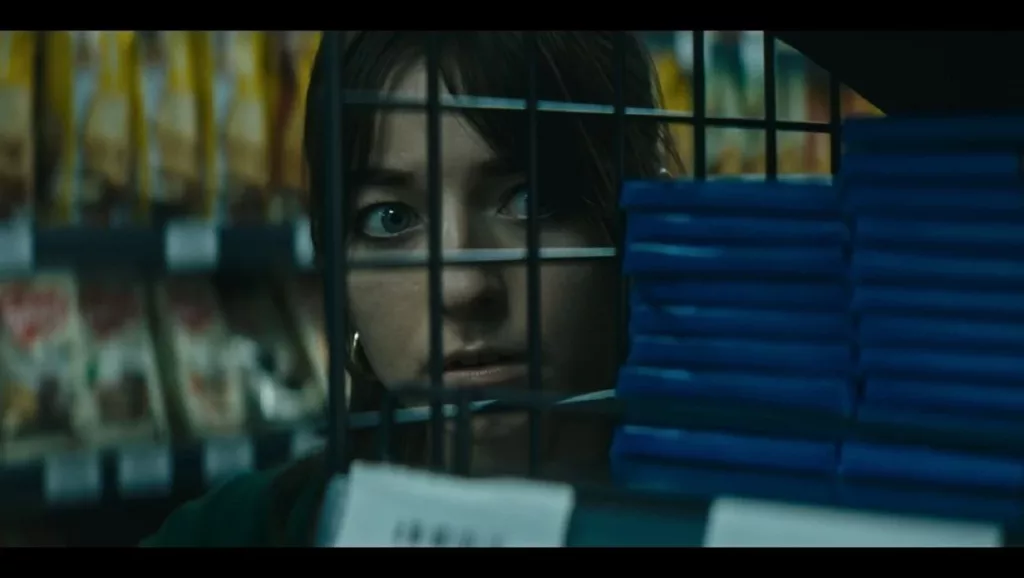
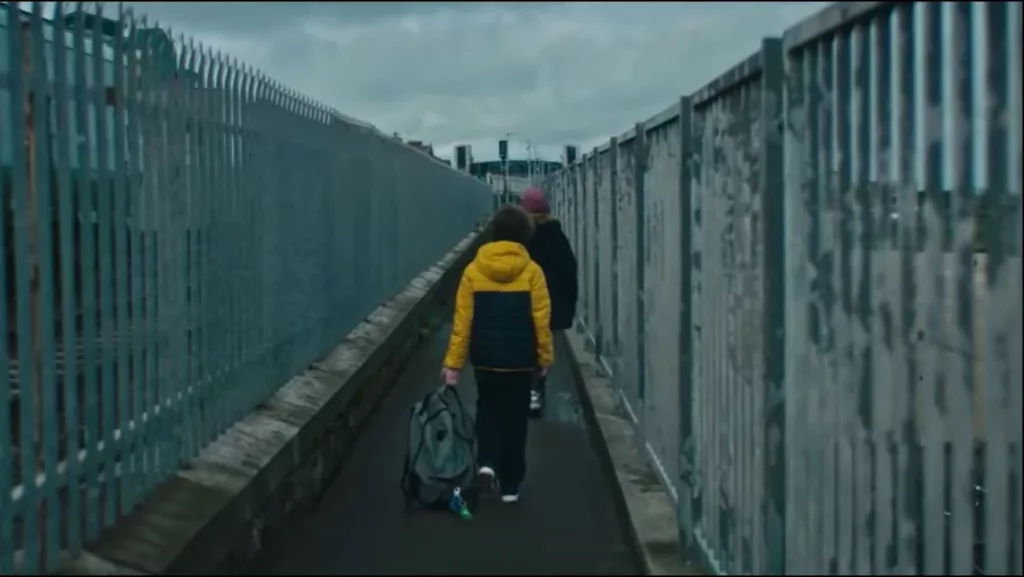
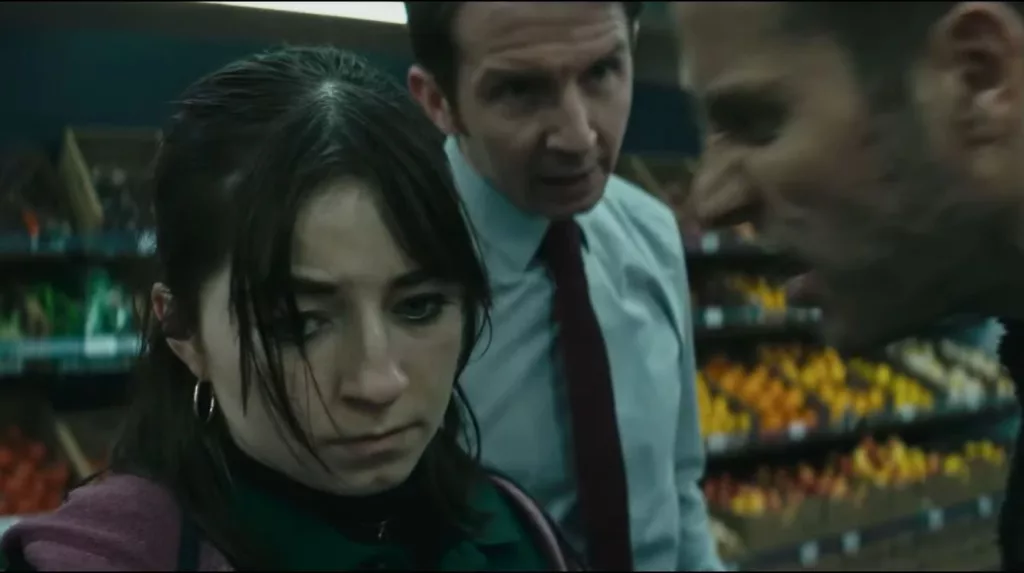
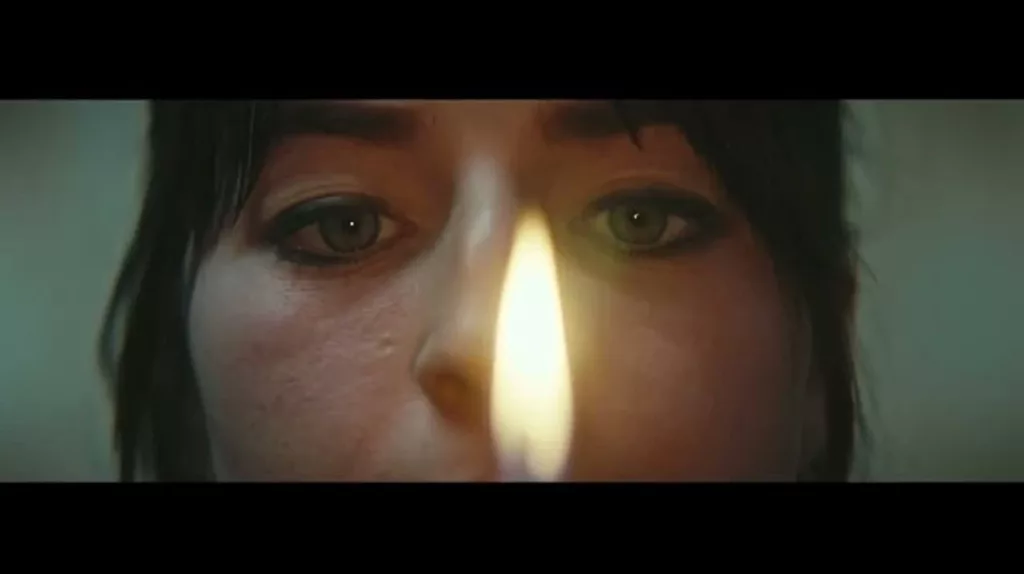
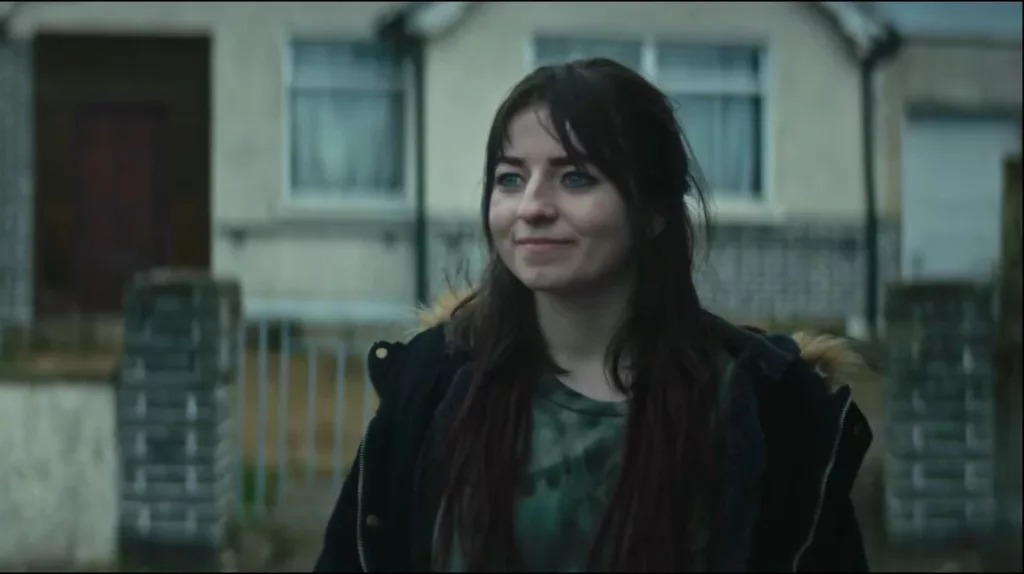


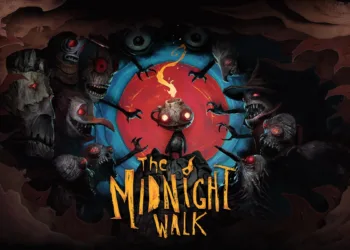

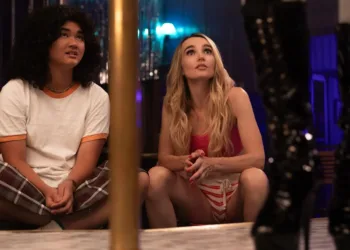



Discussion about this post